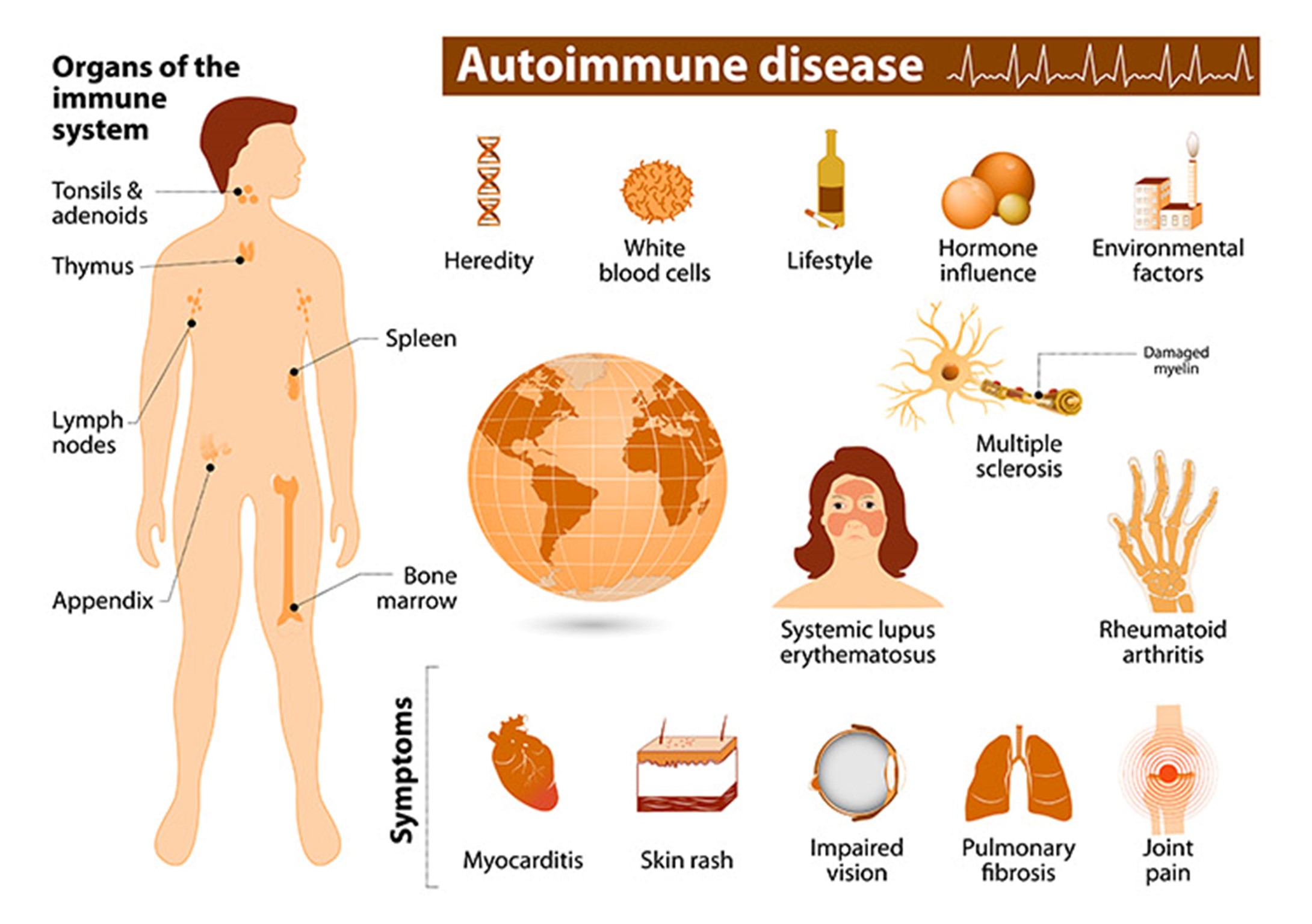Targeted Therapy and Immunotherapy in Oncology
Targeted Therapy and Immunotherapy in Oncology ( 5 Questions)
A nurse is administering nivolumab, a checkpoint inhibitor, to a client who has renal cell carcinoma. The nurse should identify that nivolumab can cause which of the following adverse effects?
Cardiotoxicity and extravasation injury are not common adverse effects of nivolumab, a checkpoint inhibitor that blocks the programmed cell death1 (PD1) receptor and enhances the immune system's ability to recognize and eliminate cancer cells. Nivolumab is used to treat renal cell carcinoma, a type of kidney cancer that originates from the renal tubules. Cardiotoxicity and extravasation injury may be caused by other drugs, such as anthracyclines and vinca alkaloids, which are used to treat other types of cancer.
Peripheral neuropathy and pulmonary fibrosis are not common adverse effects of nivolumab, a checkpoint inhibitor that is used to treat renal cell carcinoma. Peripheral neuropathy and pulmonary fibrosis may be caused by other drugs, such as natural products and antineoplastic antibiotics, which are used to treat other types of cancer.
Autoimmune disorders and organ dysfunction are common and potentially serious adverse effects of nivolumab, a checkpoint inhibitor that is used to treat renal cell carcinoma. Autoimmune disorders and organ dysfunction can occur because nivolumab affects the PD1 receptor in the immune cells as well as the cancer cells. The PD1 receptor normally acts as a brake on the immune system and prevents it from attacking healthy tissues. By blocking the PD1 receptor, nivolumab can unleash the immune system and cause it to attack various organs, such as the skin, lungs, liver, kidneys, thyroid, pituitary gland, colon, and pancreas. The client should be monitored for signs and symptoms of autoimmune disorders and organ dysfunction, such as rash, pruritus, dyspnea, cough, jaundice, dark urine, fatigue, weight loss or gain, diarrhea, abdominal pain, and hypotension or hypertension. The client should receive corticosteroids or immunosuppressive drugs as prescribed to suppress the immune system and prevent further damage.
Thrombosis and teratogenicity are not common adverse effects of nivolumab, a checkpoint inhibitor that is used to treat renal cell carcinoma. Thrombosis and teratogenicity may be caused by other factors, such as coagulation disorders, genetic mutations, or pregnancy. The client should have their coagulation studies monitored regularly and receive anticoagulant therapy as prescribed to prevent thrombosis. The client should also avoid pregnancy while receiving nivolumab and use effective contraception methods.
Choice A reason:
Cardiotoxicity and extravasation injury are not common adverse effects of nivolumab, a checkpoint inhibitor that blocks the programmed cell death1 (PD1) receptor and enhances the immune system's ability to recognize and eliminate cancer cells. Nivolumab is used to treat renal cell carcinoma, a type of kidney cancer that originates from the renal tubules. Cardiotoxicity and extravasation injury may be caused by other drugs, such as anthracyclines and vinca alkaloids, which are used to treat other types of cancer.
Choice B reason:
Peripheral neuropathy and pulmonary fibrosis are not common adverse effects of nivolumab, a checkpoint inhibitor that is used to treat renal cell carcinoma. Peripheral neuropathy and pulmonary fibrosis may be caused by other drugs, such as natural products and antineoplastic antibiotics, which are used to treat other types of cancer.
Choice C reason:
Autoimmune disorders and organ dysfunction are common and potentially serious adverse effects of nivolumab, a checkpoint inhibitor that is used to treat renal cell carcinoma. Autoimmune disorders and organ dysfunction can occur because nivolumab affects the PD1 receptor in the immune cells as well as the cancer cells. The PD1 receptor normally acts as a brake on the immune system and prevents it from attacking healthy tissues. By blocking the PD1 receptor, nivolumab can unleash the immune system and cause it to attack various organs, such as the skin, lungs, liver, kidneys, thyroid, pituitary gland, colon, and pancreas. The client should be monitored for signs and symptoms of autoimmune disorders and organ dysfunction, such as rash, pruritus, dyspnea, cough, jaundice, dark urine, fatigue, weight loss or gain, diarrhea, abdominal pain, and hypotension or hypertension. The client should receive corticosteroids or immunosuppressive drugs as prescribed to suppress the immune system and prevent further damage.
Choice D reason:
Thrombosis and teratogenicity are not common adverse effects of nivolumab, a checkpoint inhibitor that is used to treat renal cell carcinoma. Thrombosis and teratogenicity may be caused by other factors, such as coagulation disorders, genetic mutations, or pregnancy. The client should have their coagulation studies monitored regularly and receive anticoagulant therapy as prescribed to prevent thrombosis. The client should also avoid pregnancy while receiving nivolumab and use effective contraception methods.

